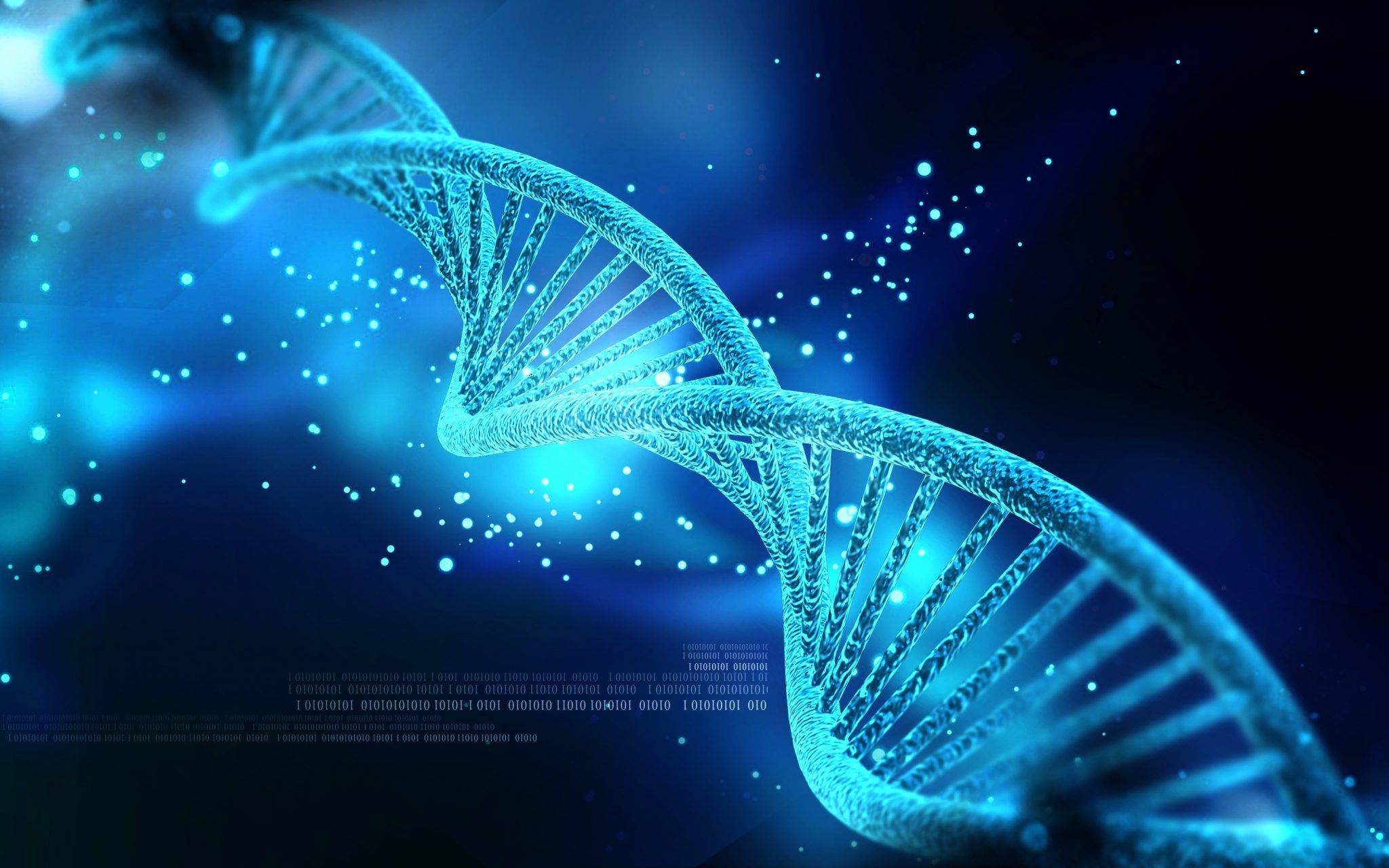AI Job Takeover: Are You Safe? The 4 'S's That Determine Your Future

The rise of Artificial Intelligence (AI) is sparking a lot of anxiety, especially when it comes to job security. Will AI robots steal our jobs? While the prospect can be daunting, the reality is more nuanced. The extent to which AI will impact the workforce hinges on understanding its strengths – specifically, what experts are calling the '4 S's': Speed, Scale, Scope, and Sophistication. Let's break down each of these and explore what they mean for your career.
The 4 'S's of AI Advantage
1. Speed: This is perhaps the most obvious advantage. AI can process information and complete tasks at a rate far exceeding human capabilities. Think about data entry, analysis, or even initial customer service interactions. AI can handle these tasks in a fraction of the time, leading to increased efficiency and reduced costs for businesses. This isn't just about faster processing; it's about 24/7 availability – AI doesn't need sleep or breaks.
2. Scale: AI can operate at a scale that's simply impossible for humans. Imagine processing millions of transactions, analysing vast datasets, or managing complex supply chains. AI excels in handling these large-scale operations without compromising accuracy or consistency. Businesses can leverage this to expand their reach and serve more customers than ever before.
3. Scope: AI’s ability to integrate and analyse data from disparate sources gives it a broader scope of understanding. It can identify patterns and insights that a human might miss, leading to better decision-making and innovation. This is particularly relevant in fields like finance, healthcare, and scientific research where complex data analysis is crucial.
4. Sophistication: AI is becoming increasingly sophisticated, moving beyond simple rule-based systems to machine learning and deep learning. This allows AI to adapt to new situations, learn from experience, and even generate creative content. While still in its early stages, this sophistication is rapidly evolving, blurring the lines between human and machine capabilities.
Which Jobs Are Most at Risk?
Jobs that are highly repetitive, data-driven, and require minimal human interaction are most vulnerable to automation. This includes roles like data entry clerks, telemarketers, and some types of customer service representatives. However, it’s important to note that AI is more likely to *augment* existing roles rather than completely replace them.
The Future of Work: Collaboration, Not Replacement
The key takeaway isn't to fear AI, but to adapt to it. The future of work lies in collaboration between humans and AI. Humans possess skills that AI currently lacks, such as critical thinking, creativity, emotional intelligence, and complex problem-solving. Instead of competing with AI, we should focus on developing these uniquely human skills and leveraging AI to enhance our productivity and capabilities.
Consider how AI can free you from mundane tasks, allowing you to focus on more strategic and creative aspects of your job. Upskilling and reskilling are crucial – learning how to work *with* AI will be the most valuable asset in the years to come. Embrace the change and position yourself for success in the AI-powered future.
What Can You Do?
- Focus on 'Human' Skills: Develop skills like critical thinking, creativity, and communication.
- Embrace Lifelong Learning: Stay up-to-date with the latest AI advancements and learn new technologies.
- Seek Opportunities for Collaboration: Look for ways to integrate AI tools into your workflow.
- Be Adaptable: The job market is constantly evolving - be prepared to learn new skills and adapt to new roles.
The AI revolution is here. By understanding its strengths and focusing on our own unique abilities, we can navigate this change and thrive in the new world of work.






